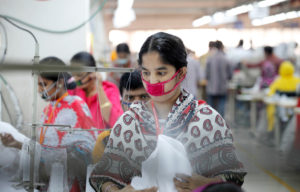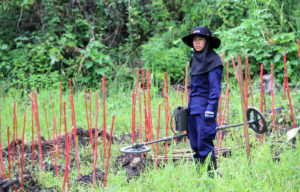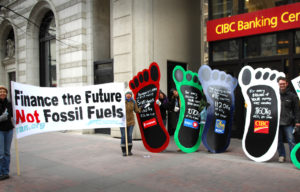
Mokhammad Edliadi for Center for International Forestry Research (CIFOR)
Big Data Can Save The Forests
Global Forest Watch is a new revolutionary programme that opens up for new possibilities of surveilling the world’s forests.
Share
Other categories
How are the forests doing in Brazil? Are more trees being planted than cut down? And has the general situation improved or declined in recent years? Now, a new revolutionary programme makes is possible for all internet users to monitor developments in the world’s forests. On an interactive world map, logging and planting of forests are registered on a monthly basis. One click allows you to monitor and analyse the latest changes in the forests. In this way, environmentalists have a new tool in the fight to reduce the amount of deforestation in the world’s forests, which, despite some progress, is still alarmingly high.
Global Forest Watch is the name of the programme that was introduced this Thursday (20 February) in Washington D.C. It is the result of a cooperative effort between the United Nations Environment Programme (UNEP), The World Resources Initiative, Google and more than 40 other collaborators. By combining satellite technology and cloud computing from Google, Global Forest Watch is accommodating the need of interested parties to improve their knowledge of conditions in the forests.
‘Companies, governments and local communities are desperate to get more information about the forests. Now they have it’,says Dr. Andrew Steer, President and CEO of the World Resources Institute. ‘Global Forest Watch is a platform that will change fundamentally the way individuals and companies relate to the forests. From now, on those who are doing damage cannot hide, while those who benefit the forests will be acknowledged for their leadership’.
Local and global possibilities
The UNEP predicts that Global Forest Watch will be used for different purposes by different people. Companies buying natural resources can use the programme to analyse whether logging in a certain area meets legal and environmental standards, while companies selling products can use the programme to demonstrate that they are living up to these standards. At the same time, NGOs, local communities and individuals can use the programme to prove illegal logging and hold companies and authorities responsible for this.
‘Today, how we treat the world’s forests is both a local and global project, and technological developments have given Global Forest Watch a unprecedented opportunity to combine, not just information and data, but people, be they foresters, businessmen or consumers’,explains Achim Steiner, UNEP Executive Director and Under-Secretary-General of the United Nations. Global Forest Watch is now online in a beta version, and can be used for free at globalforestwatch.org.







